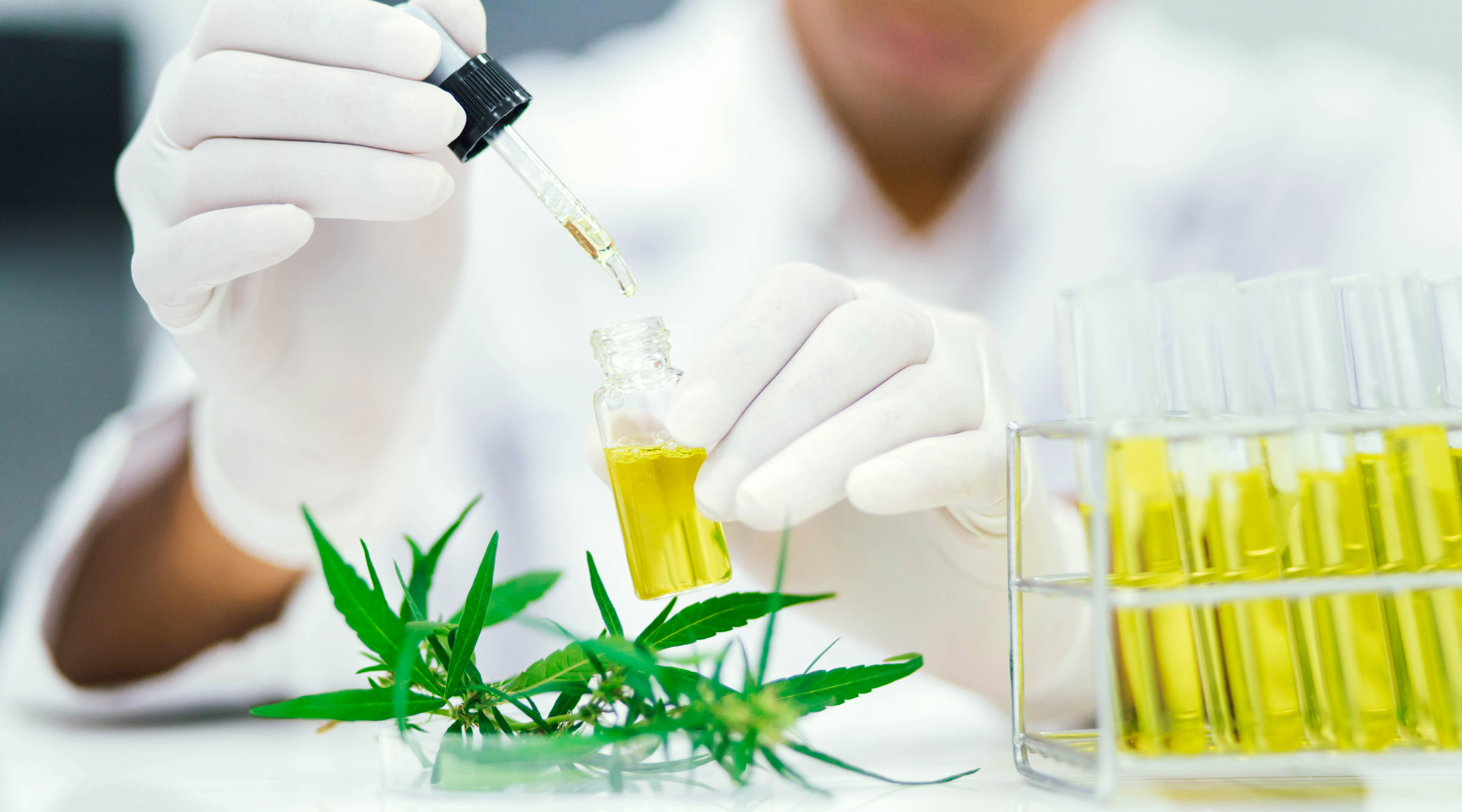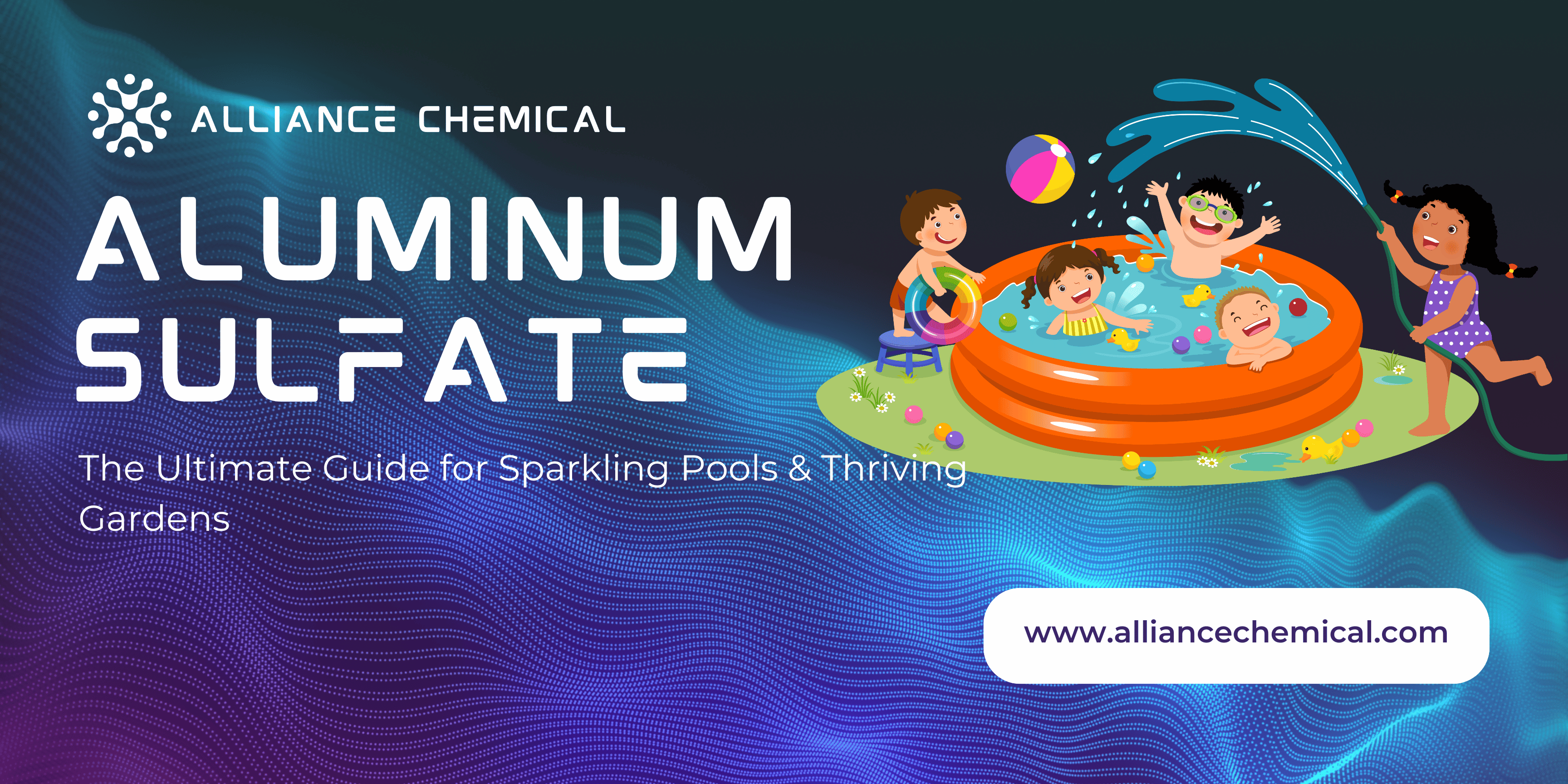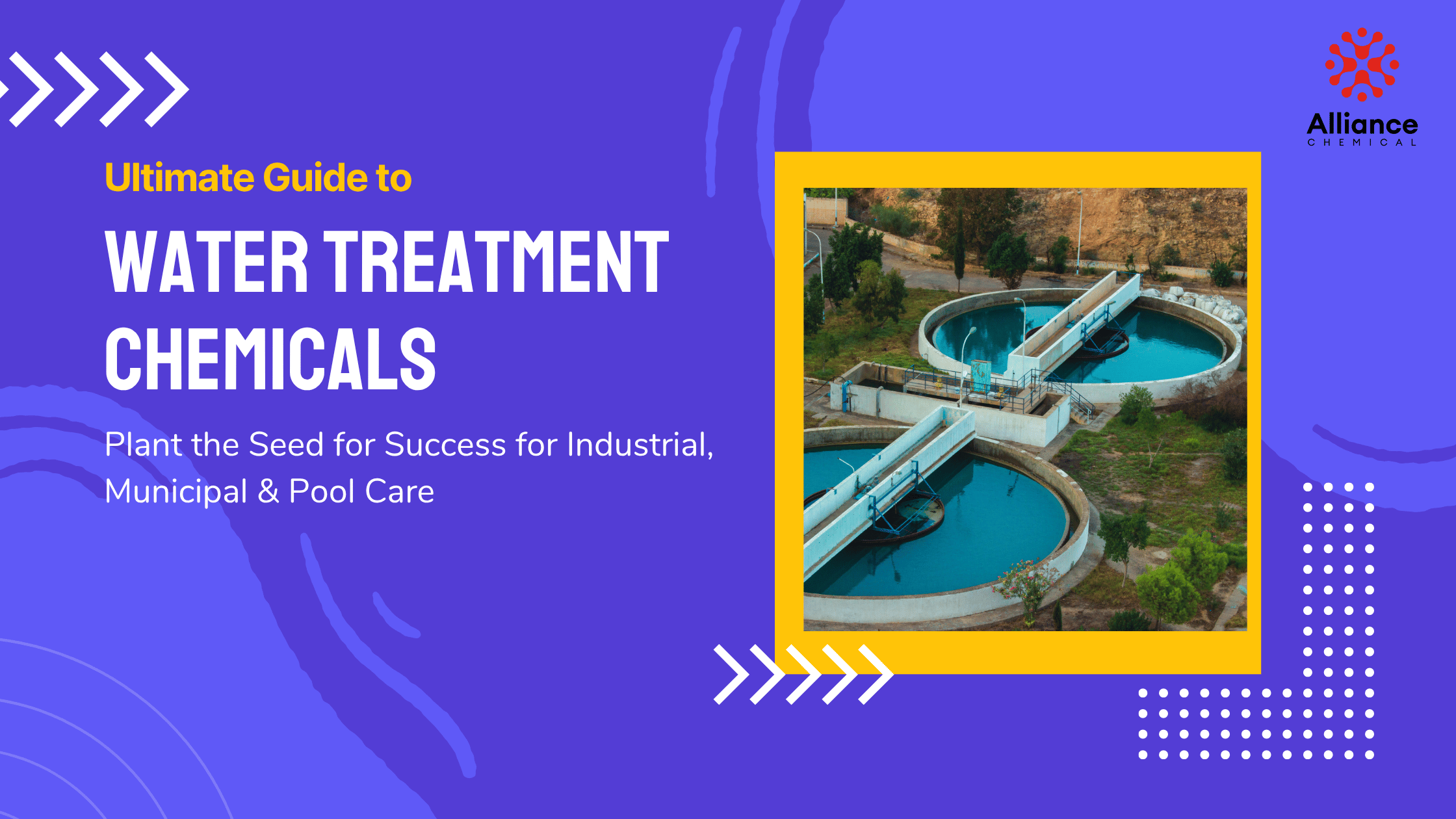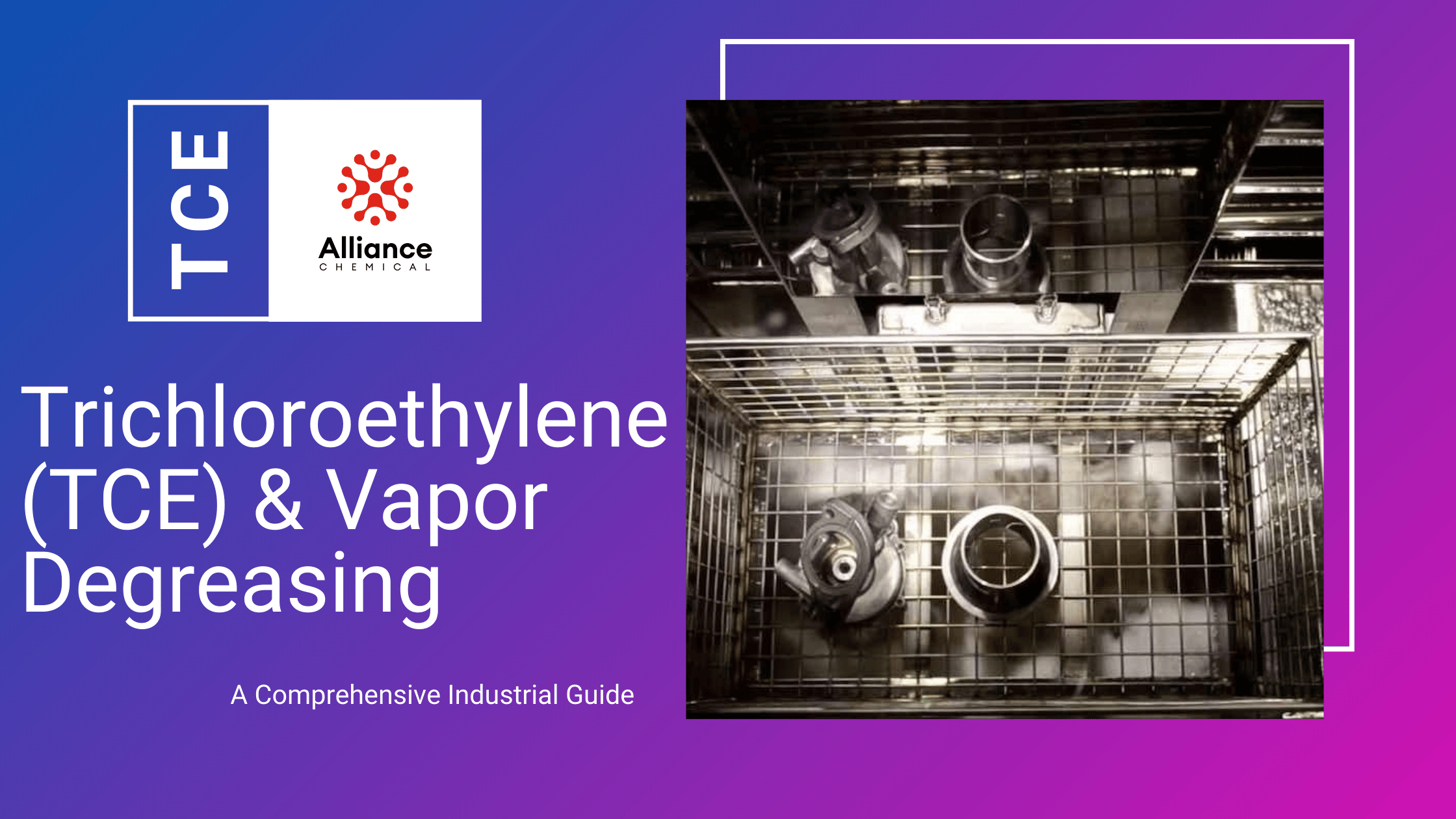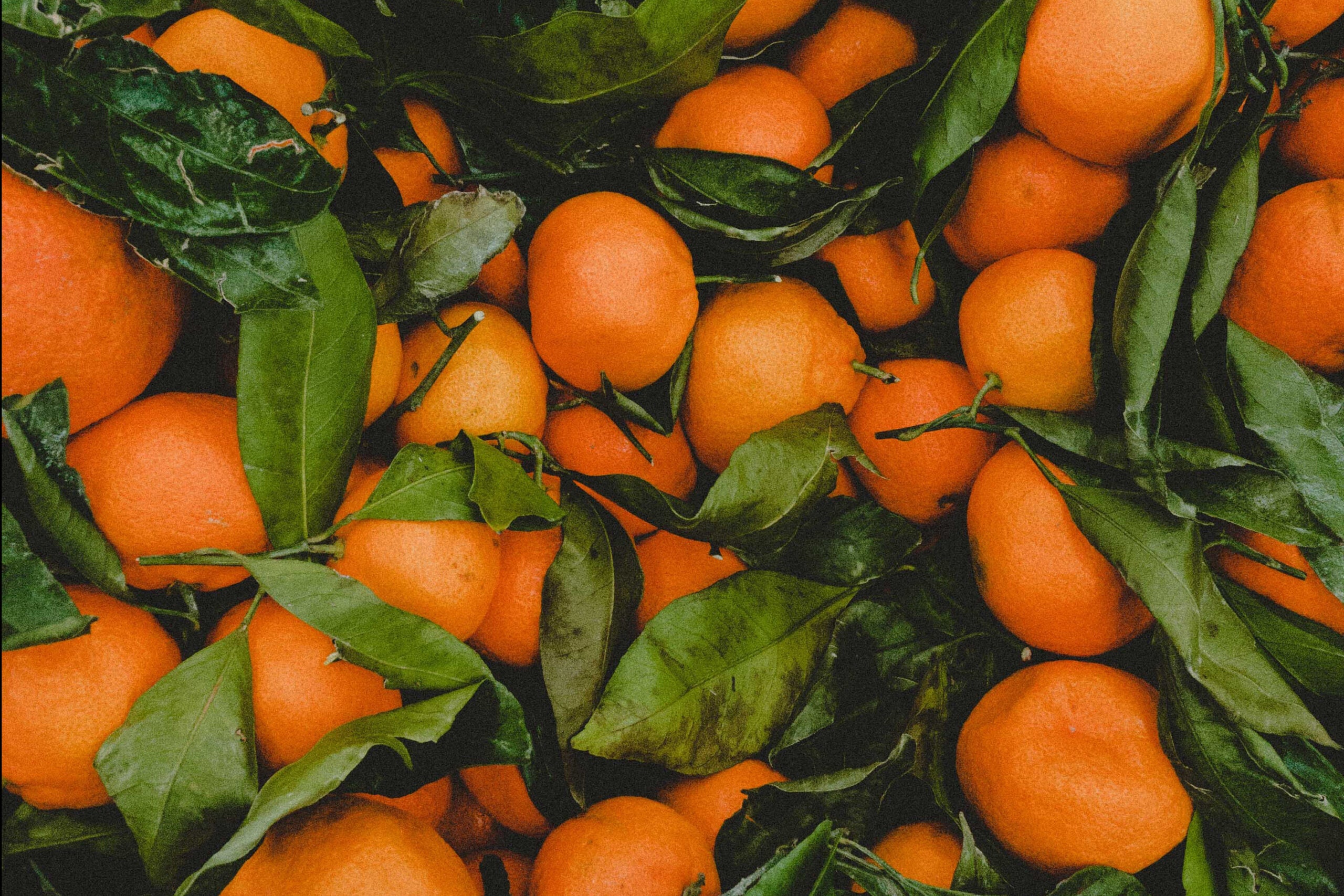
D-LIMONENE - THE SAFE PESTICIDE
Introduction
Pesticides often receive negative attention due to environmental concerns, and rightly so. While they play a crucial role in global food production, their impact on ecosystems cannot be ignored. However, without them, we would struggle to produce enough food to feed the world's population. Is there a way to balance effective pest control with environmental responsibility? Enter D-Limonene, a natural compound offering a greener alternative to synthetic pesticides.
Environmental Concerns of Pesticides
The agricultural sector depends heavily on pesticides to protect crops from pests and diseases. Before their widespread use, crops were vulnerable, leading to significant losses and food shortages. The first pesticide sprayer, introduced in the USA in 1850, marked a revolution in farming efficiency.
However, modern farming methods involve large-scale pesticide application, often via self-propelled sprayers or tractor-drawn tanks. This can lead to contamination of the surrounding environment, harming wildlife and beneficial insects like bees.
A notorious example is DDT (Dichloro Diphenyl Trichloroethane), once considered safe due to its low toxicity to mammals. In 1972, the Environmental Protection Agency (EPA) banned DDT after discovering its devastating impact on the environment and accumulation in the food chain.
Despite rigorous testing, synthetic pesticides can display unforeseen toxicity years after their introduction. This unpredictability underscores the need for safer, more sustainable pest control solutions.
What is D-Limonene?
D-Limonene is a natural chemical derived from the oils in citrus fruit peels, specifically terpenes. These oils serve as the plant's defense mechanism against predators. D-Limonene is the primary isomer found in citrus peels like oranges, grapefruits, lemons, and mandarins.
The extraction of D-Limonene utilizes waste peels from the food industry, making it an excellent example of sustainable resource use. This compound is not only environmentally friendly but also versatile in its applications.
Uses of D-Limonene
D-Limonene boasts a wide range of uses across various industries:
- Skincare Industry: Used for its low irritant properties and ability to enhance skin absorption.
- Food Industry: Adds citrus flavor and aroma to food products, indicating its safety for human consumption.
- Insect Repellents: Active ingredient in products like citronella candles, insecticidal sprays, and mosquito larvicides.
- Pest Control: An environmentally safe compound suitable for large-scale industrial pest control.
- Pet Products: Utilized in flea and tick control solutions for animals.
Why D-Limonene is Effective
Despite being registered as a pesticide in 1958 and as an antimicrobial agent in 1971, D-Limonene is gaining popularity only recently as the world seeks greener alternatives to harmful chemicals. Here's why it's an excellent choice:
- Natural and Safe: Being a natural compound, it poses minimal risks to the environment and non-target species.
- Low Toxicity: Exhibits low toxicity to birds, fish, and mammals.
- Bee-Friendly: Does not adversely affect honeybees, preserving essential pollination processes.
- Effective Pest Control: Efficiently controls pests without the negative side effects associated with synthetic pesticides.
For those interested in incorporating D-Limonene into their pest control practices, consider exploring Alliance Chemical's Technical Grade D-Limonene.
D-Limonene as a Cleaning Agent
Beyond its pesticidal properties, D-Limonene is also a highly effective cleaning agent:
- Natural Solvent: Can be mixed with surfactants to create environmentally friendly cleaning solutions.
- Industrial Use: Effective in decontaminating surfaces in industrial environments.
- Domestic and Commercial Cleaning: Removes dirt, grease, and odors in kitchens, factories, and more.
- Pleasant Aroma: Leaves a fresh, citrus scent after cleaning.
- Oil Spill Remediation: Used in large-scale cleanups, such as the Gulf of Mexico Deepwater Oil Spill in 2011.
For a range of cleaning solutions featuring D-Limonene, visit Alliance Chemical's Disinfectants and Cleaning Collection.
Conclusion
D-Limonene presents a promising alternative to synthetic pesticides and harsh cleaning agents. Its natural origin and effectiveness make it a valuable asset in promoting sustainable agriculture and eco-friendly cleaning practices. By switching to D-Limonene, industries can reduce the release of dangerous chemicals into the environment while maintaining high standards of pest control and cleanliness.
Interested in making the switch to greener solutions? Explore the wide range of products available at Alliance Chemical.
Ready to Embrace Eco-Friendly Solutions?
Discover our extensive collection of organic compounds and sustainable chemicals tailored to your needs.
Browse Organic Compounds